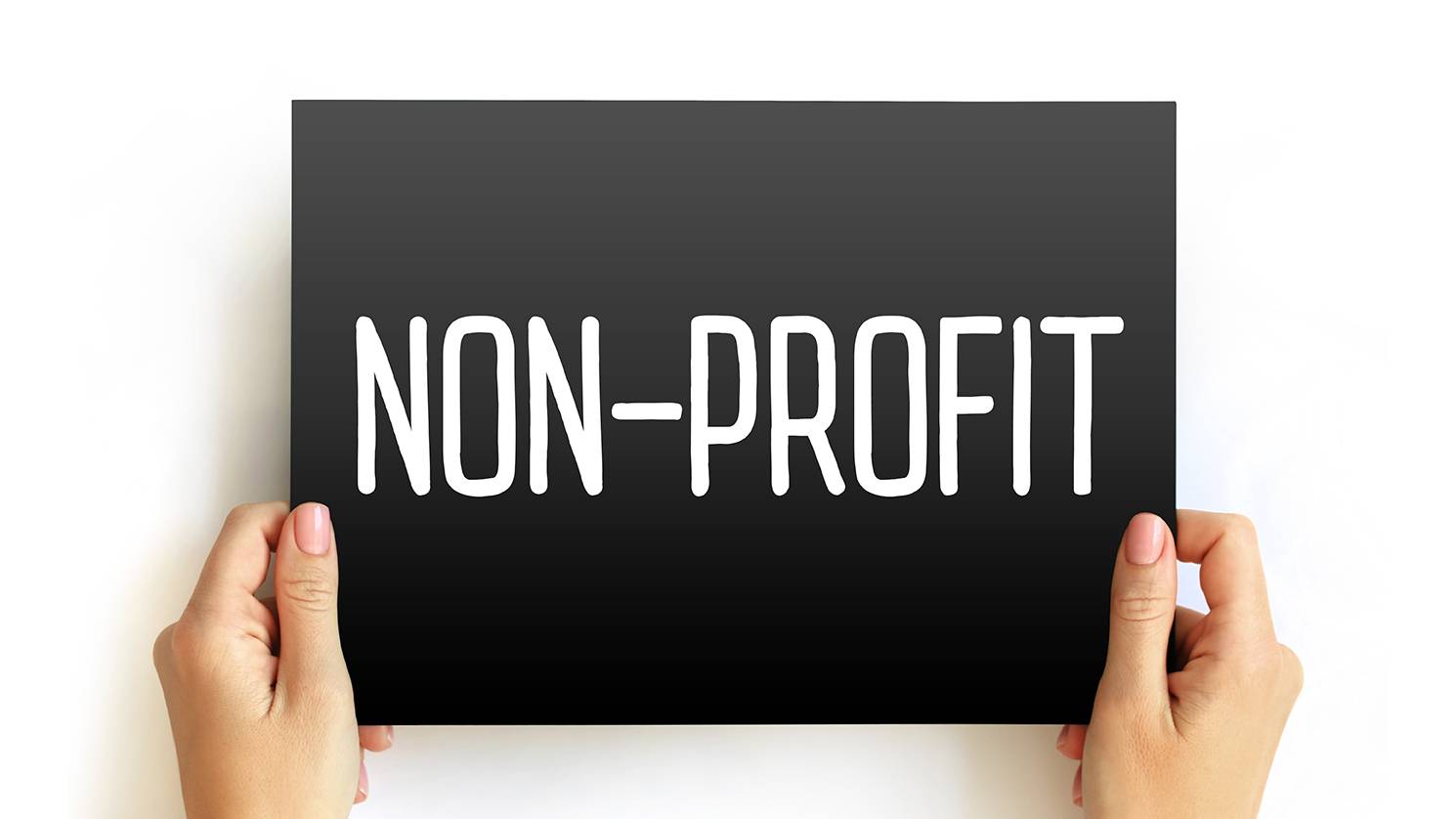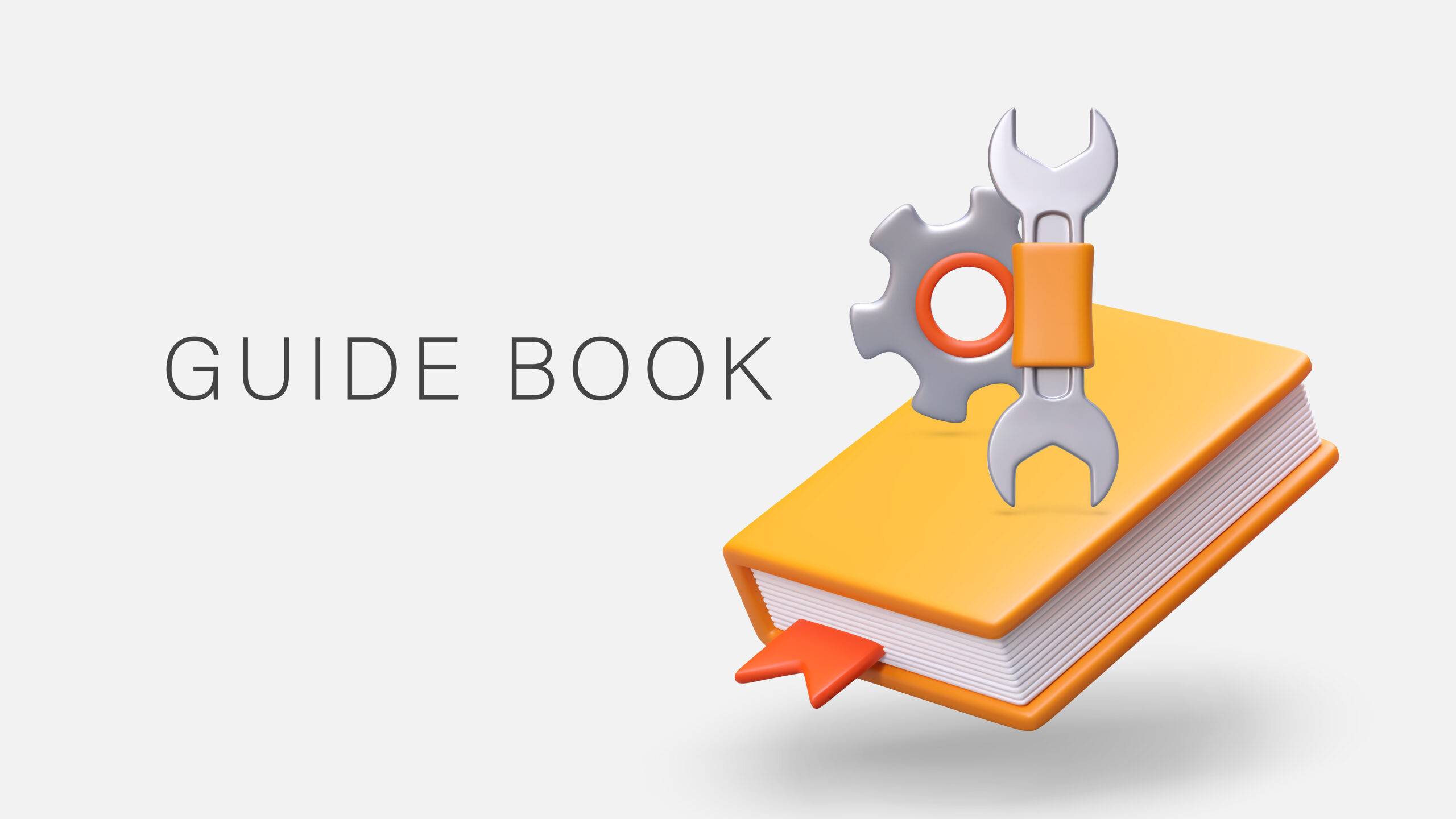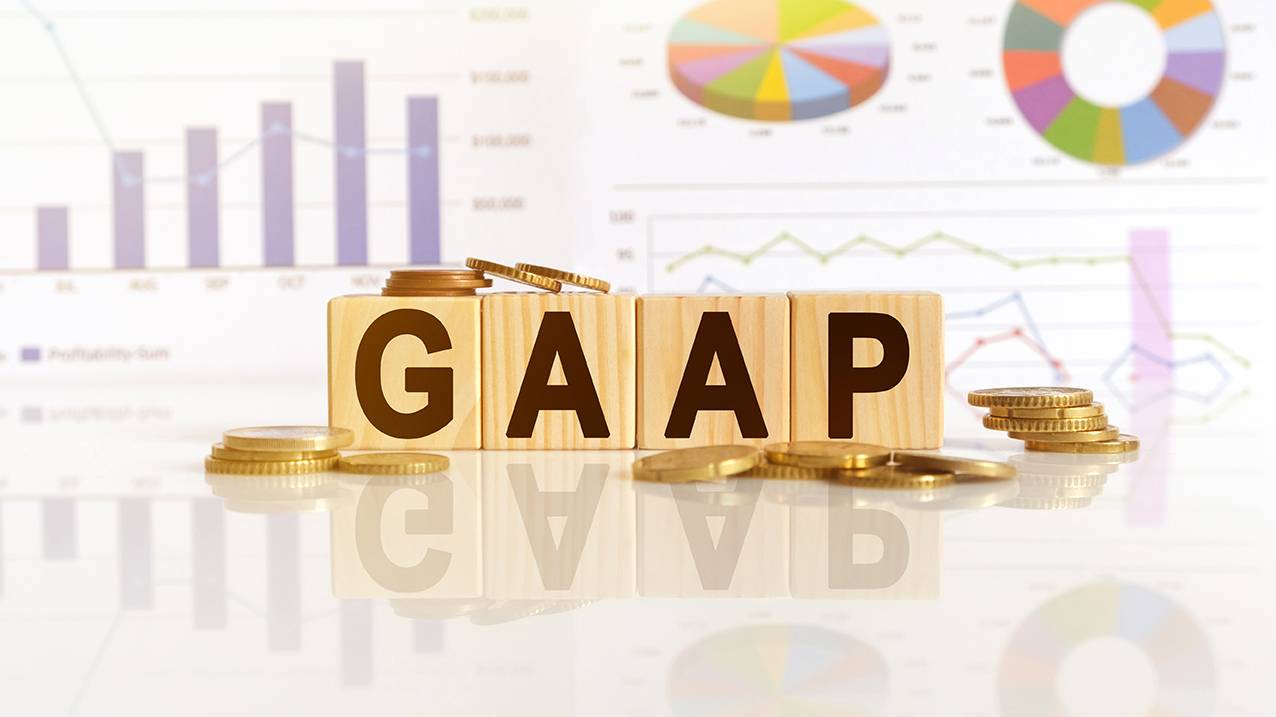Self-Study
Nonprofit Accounting
In-depth exploration of Nonprofit Accounting principles and practices. Enhance your understanding of financial management in the nonprofit sector, from foundational concepts to complex specialized topics.

$384.00 – $424.00
Webcasts are available for viewing Monday – Saturday, 8am – 8pm ET.
Without FlexCast, you must start with enough time to finish. (1 Hr/Credit)
Please fill out the form below and we will reach out as soon as possible.
CPE Credits
16 Credits: Accounting
Course Level
Overview
Format
Self-Study
Course Description
The distinct accounting requirements of nonprofit organizations can be challenging, with complexities arising from specific standards and practices that differ from for-profit businesses. This often leads to uncertainty in creating and managing effective accounting systems within the nonprofit context.
This accounting for nonprofits course acts as a bridge to this knowledge gap, offering a thorough understanding of the essential elements of nonprofit financial management. The nonprofit accounting course begins with foundational accounting principles for nonprofits and advances through topics such as financial statement preparation, revenue recognition, budgeting, and controls. The not for profit CPE accounting course also tackles specialized areas like the accounting for joint costs, split-interest agreements, and the specific considerations in nonprofit mergers and acquisitions. Upon completion, participants will have transformed their understanding and capabilities, equipped to adeptly handle the unique financial challenges of nonprofit organizations, ensuring both compliance and operational excellence.
Learning Objectives
Upon successful completion of this course, participants will be able to:
Learning Objectives;
•Cite the criteria used to define a nonprofit organization;
•Specify the essential building blocks of an accounting system;
•Identify the types of nonprofit financial statements and the comparable for-profit financial statements;
•Specify the instances in which revenue and gains can be recognized by a nonprofit;
•Cite the methods used to assign costs to a grant-funded program;
•State the applicable rules related to the recognition of investment assets.
•Identify the costing characteristics of the various cost layering methodologies;
•Identify the options available for recognizing a collection;
•Recall how the 12-month lease exception works;
•Specify the different types of lease payments;
•Recognize the components of net periodic pension cost, and the accounting for a defined contribution plan;
•Identify the types of joint costs, and the tests used to determine whether fundraising costs can be allocated;
•Define the situations in which accounting principles can be changed, and when retrospective application is allowed;
•State the concept of the principal market and the basis upon which fair value is determined;
•Cite the accounting for a contribution receivable, as well as the steps involved in a petty cash reconciliation;
•Identify the accounting associated with split-interest agreements, as well as the nature of lead and remainder interests;
•Specify the circumstances under which the reporting consolidation of two or more entities is required or allowed;
•Recognize the situations in which the carryover and acquisition methods are used, and whether goodwill or an inherent contribution can be recorded for an acquisition transaction;
•State the IRS forms used for various nonprofit tax reporting activities, and the circumstances under which they must be filed;
•Cite the steps involved in closing the books at the end of a reporting period;
•Identify the line items used in nonprofit budgets and cash forecasts;
•Specify the considerations to be reviewed when creating controls, as well as the controls employed in the cash, fixed asset, payables, and other accounting areas;
•Recognize the considerations involved in setting policies for collections, asset dispositions, and employee labor; and
•Cite the types of analysis that can be employed to yield insights into the financial condition and fundraising effectiveness of a nonprofit.
Course Specifics
5146002
March 16, 2023
There are no prerequisites.
None
384
Compliance Information
CMA Notice: Western CPE makes every attempt to maintain our CMA CPE library, to ensure a course meets your continuing education requirements please visit Insitute of Management Accountants (IMA)
CFP Notice: Not all courses that qualify for CFP® credit are registered by Western CPE. If a course does not have a CFP registration number in the compliance section, the continuing education will need to be individually reported with the CFP Board. For more information on the reporting process, required documentation, processing fee, etc., contact the CFP Board. CFP Professionals must take each course in it’s entirety, the CFP Board DOES NOT accept partial credits for courses.
Meet The Experts

Steven M. Bragg, CPA, is a full-time book and course author who has written more than 300 business books and courses. He provides Western CPE with self-study courses in the areas of accounting and finance, with an emphasis on the practical application of accounting standards and management techniques. A sampling of his courses include the The New Controller Guidebook, The GAAP Guidebook, Accountants’ Guidebook, and Closing the Books: An Accountant’s Guide. He also manages the Accounting Best Practices podcast. Steven has been the CFO or controller of both public and private companies and has been a consulting manager with Ernst & Young and …
Related Courses
-
 Accounting
Accounting
Accountants’ Guidebook
Steven M. Bragg, CPA QAS Self-Study
Credits: 30 $600.00
QAS Self-Study
Credits: 30 $600.00$600.00 – $640.00
-
 Accounting
Accounting
Accounting Fraud: Recent Cases
Joseph Helstrom, CPA QAS Self-Study
Credits: 1 $29.00
QAS Self-Study
Credits: 1 $29.00$29.00 – $49.00
-
 Accounting
Accounting
GAAP Guidebook
Steven M. Bragg, CPA QAS Self-Study
Credits: 29 $580.00
QAS Self-Study
Credits: 29 $580.00$580.00 – $620.00
